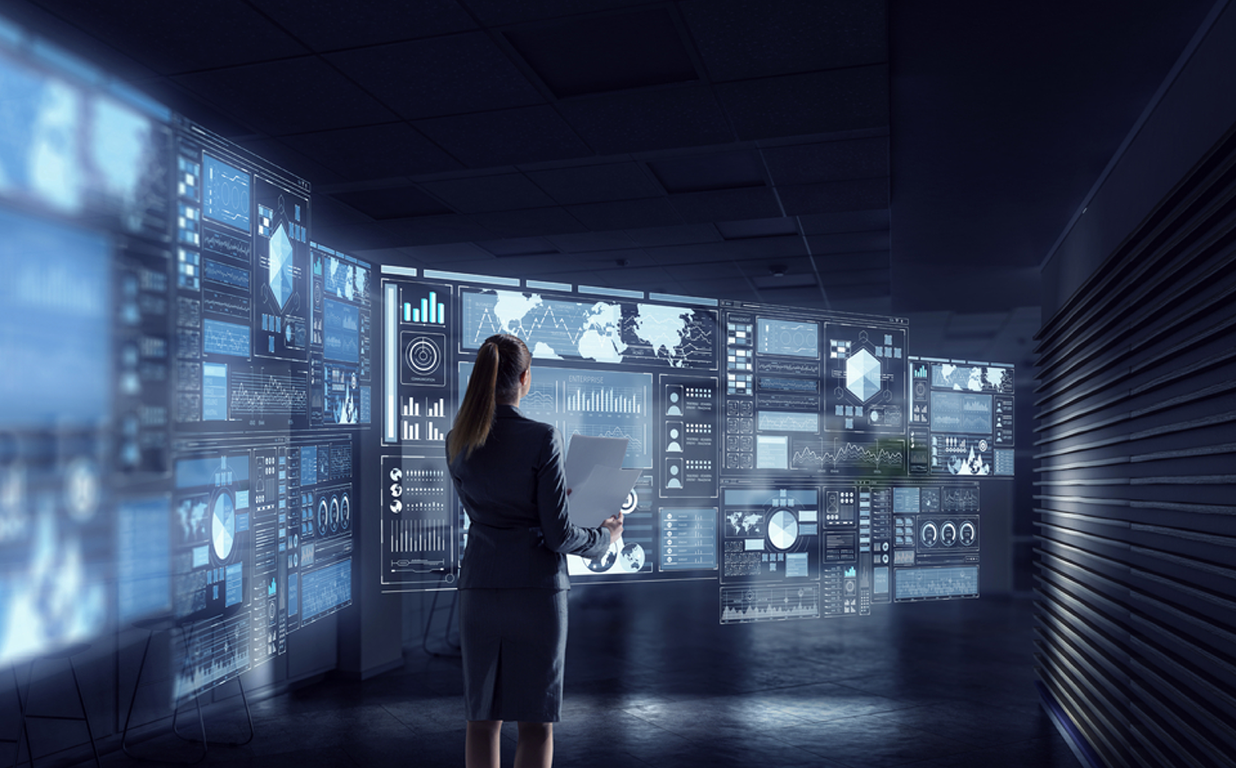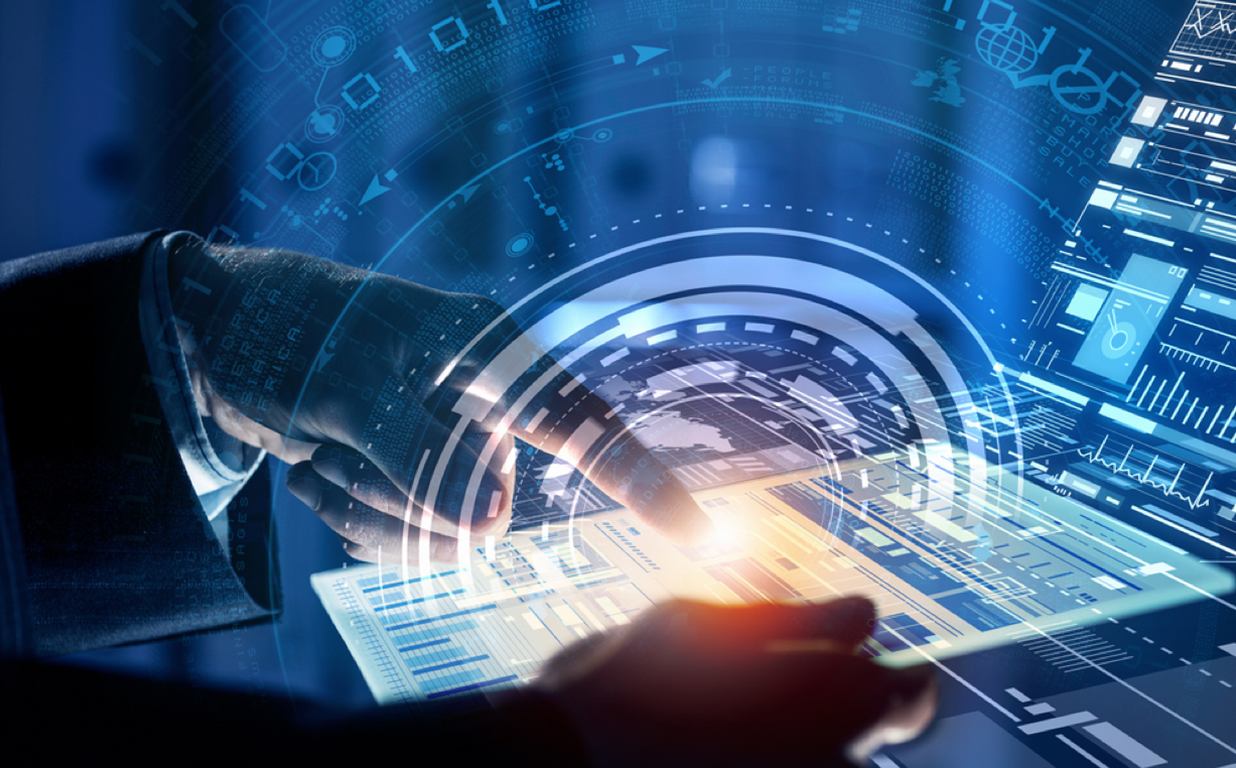Digitalisation and automation are rapidly changing the competitive landscape of many
industries, including shipping. To ride on the emerging technologies and develop future
capabilities and solutions, MPA believes in building an enabling ecosystem that fosters
innovation and R&D in the maritime sector. In this issue of SRS e-Bulletin, we will introduce
some of MPA's initiatives on the technology front. We invite industry partners to participate
and embark on the digital journey with us.
The Smart Port Challenge
Start-ups are an important part of growing the maritime innovation and technology
ecosystems. They complement existing technology developers and bring in new perspectives
to solve challenges faced by the industry.
MPA embarked on the Smart Port Challenge (SPC) last year, a competition to attract start-ups
to develop solutions for the maritime sector. SPC 2017 attracted over 80 proposals from startups
and scale-ups, with MPA awarding 6 to work with maritime enterprise to develop
prototypes. The six projects aim to develop solutions to support digitalization in a variety of
areas such as, remote vessel monitoring and crew reporting, vessel tracking within terminals,
sharing of information, resource tracking and e-bunkering services.
SPC2018 will be officially launched on 6 June 2018. MPA invites start-ups to participate in this
competition and receive training and mentorship, and maritime corporates to participate as
co-creators.
Singapore Maritime Data Hub
Data is a key enabler for our digitalisation efforts. To promote data sharing, MPA will establish
the SG-MDH, a one-stop data repository with a centralised application programming interface
gateway and data management capabilities. SG-MDH will help enable the development and
test-bedding of innovative digital apps and services for the maritime industry.
As a start, the SG-MDH will make available to the public real-time access to MPA's port and
ship-related data such as vessel information, vessel arrival and departure time and vessel
position and movement by the third quarter of 2018. MPA will also be working with
stakeholders such as classification societies and maritime companies to make their public data
available via the SG-MDH, and will also look to integrate the SG-MDH with the National Trade
Platform and other industry-wide and government systems.
Developing a Future-ready workforce
MPA is also set on building a future-ready workforce with relevant skills as the maritime
industry transforms and grows with the advancements in automatization and digitalization.
The Sea Transport ITM launched in Jan this year has outlined that more than 5,000 jobs are
expected to be created in the next decade as the maritime industry transforms and grows.
Workers will have the opportunity to undergo skill upgrading in their existing roles through
various maritime programmes launched by MPA. Maritime companies can also tap on the
Maritime Cluster Fund (MCF) to upskill their employees not only in specialised areas, but also
in more general areas like data analytics, cybersecurity, as well as in soft skills like
communication and executive leadership.


